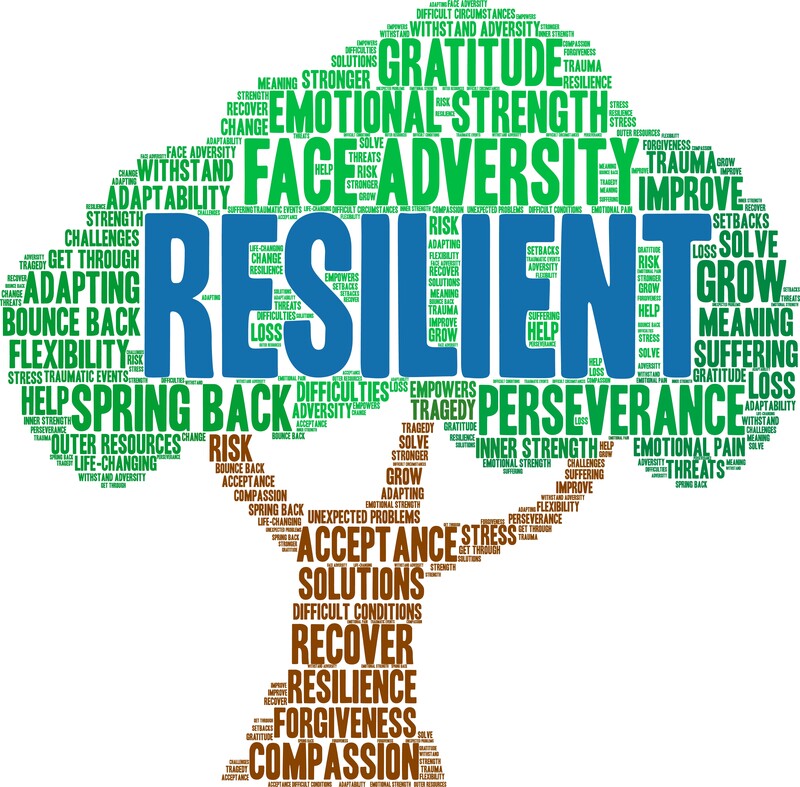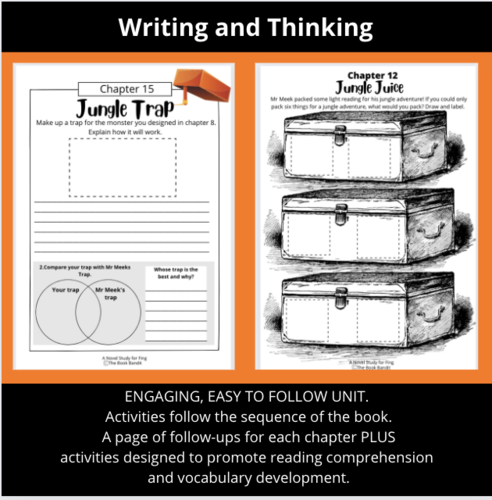Developing Resilience & Mental Health: A Path To Personal Growth

Table of Contents
Understanding Resilience and its Components
Resilience is the ability to bounce back from adversity, stress, and challenges. It's not about avoiding hardship, but about navigating it effectively and emerging stronger. Several key components contribute to building strong resilience and fostering good mental health:
- Optimism and a positive outlook: Maintaining a hopeful perspective, even during difficult times, is crucial. This involves focusing on solutions rather than dwelling on problems.
- Strong social support networks: Having supportive friends, family, and community members provides a crucial buffer against stress and adversity. These relationships offer emotional support, practical assistance, and a sense of belonging.
- Effective problem-solving skills: The ability to identify problems, brainstorm solutions, and implement strategies is essential for navigating challenges effectively. This involves breaking down large problems into smaller, manageable steps.
- Self-awareness and emotional regulation: Understanding your own emotions, triggers, and coping mechanisms allows you to manage stress and respond to challenges in a healthy way. This includes identifying and managing negative emotions like anger or anxiety.
- Adaptability and flexibility: The capacity to adjust to changing circumstances and unexpected events is a key aspect of resilience. This involves being open to new approaches and perspectives.
These components work synergistically; strengthening one area often positively impacts others, leading to improved mental wellbeing and a greater capacity to thrive.
Practical Strategies for Building Resilience
Building resilience is an ongoing process that requires consistent effort and self-compassion. Here are some practical strategies you can implement:
Cultivating Positive Thinking
- Practice gratitude: Keeping a gratitude journal, where you regularly write down things you're thankful for, can significantly shift your perspective. Expressing appreciation to others strengthens relationships and boosts your mood.
- Challenge negative thoughts: Identify and reframe negative self-talk. Replace self-critical statements with more positive and realistic ones. Cognitive Behavioral Therapy (CBT) techniques can be very helpful here.
- Focus on strengths: Recognize and utilize your personal strengths to overcome challenges. Understanding your strengths empowers you and builds confidence.
- Visualization and positive affirmations: Visualizing success and repeating positive affirmations can help to build self-belief and resilience.
Strengthening Social Connections
- Nurture existing relationships: Invest time and effort in maintaining strong relationships with loved ones. Regular communication and quality time are vital.
- Building new connections: Joining clubs, volunteering, or attending social events provides opportunities to meet new people and expand your support network.
- Seeking professional support: Therapists, support groups, and counselors can provide valuable guidance and support for individuals struggling with mental health challenges.
- Online communities focused on mental health and support: Many online platforms offer support and connection for people facing similar challenges, fostering a sense of community and understanding.
Developing Coping Mechanisms
- Mindfulness and meditation: These practices help to manage stress and anxiety by focusing on the present moment. Even a few minutes a day can make a difference.
- Physical exercise: Regular physical activity releases endorphins, which have mood-boosting effects and improve overall wellbeing.
- Healthy lifestyle choices: Proper nutrition, sufficient sleep, and limiting substance use are all essential for supporting mental health.
- Stress management techniques: Deep breathing exercises and progressive muscle relaxation are effective ways to reduce stress and anxiety in the moment.
The Link Between Resilience, Mental Health, and Personal Growth
Improved resilience directly translates to better mental health outcomes. By developing coping mechanisms and a positive mindset, you reduce vulnerability to stress and anxiety, leading to improved emotional wellbeing. This enhanced mental health, in turn, fuels personal growth in various aspects of life:
- Improved relationships: Stronger resilience and mental wellbeing lead to healthier and more fulfilling relationships.
- Increased self-esteem: Successfully navigating challenges builds confidence and self-worth.
- Career success: Resilience enables you to persevere through setbacks and achieve your professional goals.
- Overall life satisfaction: A resilient mindset promotes a greater sense of purpose and overall happiness.
Individuals who have effectively utilized resilience often share stories of overcoming significant adversity, highlighting the transformative power of self-belief and perseverance. Self-compassion and self-care are integral parts of this process; remember to be kind to yourself, acknowledging that setbacks are a normal part of life.
Conclusion
Developing resilience and improving mental wellbeing are interconnected journeys that lead to significant personal growth. By cultivating positive thinking, strengthening social connections, and developing effective coping mechanisms, you can significantly enhance your ability to navigate life's challenges and achieve your goals. Start building your resilience and prioritizing your mental health today! Take small steps towards a more fulfilling and resilient life. Begin your journey towards personal growth by focusing on developing resilience and mental health, and improving your overall mental wellbeing. Building resilience skills is an investment in your future happiness and success. Boosting mental strength is key to unlocking your full potential.

Featured Posts
-
 Kylian Jaminet Denonce Les Sommes Exorbitantes Impliquees Dans Le Transfert De Melvyn Jaminet
May 20, 2025
Kylian Jaminet Denonce Les Sommes Exorbitantes Impliquees Dans Le Transfert De Melvyn Jaminet
May 20, 2025 -
 Finding Sanctuary Americans Seeking European Citizenship Post Trump
May 20, 2025
Finding Sanctuary Americans Seeking European Citizenship Post Trump
May 20, 2025 -
 Peterborough Uniteds Efl Trophy Triumph A Record Breaking Celebration Under Darren Ferguson
May 20, 2025
Peterborough Uniteds Efl Trophy Triumph A Record Breaking Celebration Under Darren Ferguson
May 20, 2025 -
 Unraveling The Mysteries Agatha Christies Poirot Stories
May 20, 2025
Unraveling The Mysteries Agatha Christies Poirot Stories
May 20, 2025 -
 Suki Waterhouses Met Gala Look A Retrospective On Her Style Evolution
May 20, 2025
Suki Waterhouses Met Gala Look A Retrospective On Her Style Evolution
May 20, 2025
Latest Posts
-
 Sandylands U Tv Schedule Where To Watch
May 21, 2025
Sandylands U Tv Schedule Where To Watch
May 21, 2025 -
 Find Sandylands U On Tv A Comprehensive Guide
May 21, 2025
Find Sandylands U On Tv A Comprehensive Guide
May 21, 2025 -
 Sandylands U Tv Listings And Showtimes
May 21, 2025
Sandylands U Tv Listings And Showtimes
May 21, 2025 -
 Stan Approves David Walliams Fantasy Novel Adaptation Fing
May 21, 2025
Stan Approves David Walliams Fantasy Novel Adaptation Fing
May 21, 2025 -
 David Walliams Fing Stans New Fantasy Production
May 21, 2025
David Walliams Fing Stans New Fantasy Production
May 21, 2025
